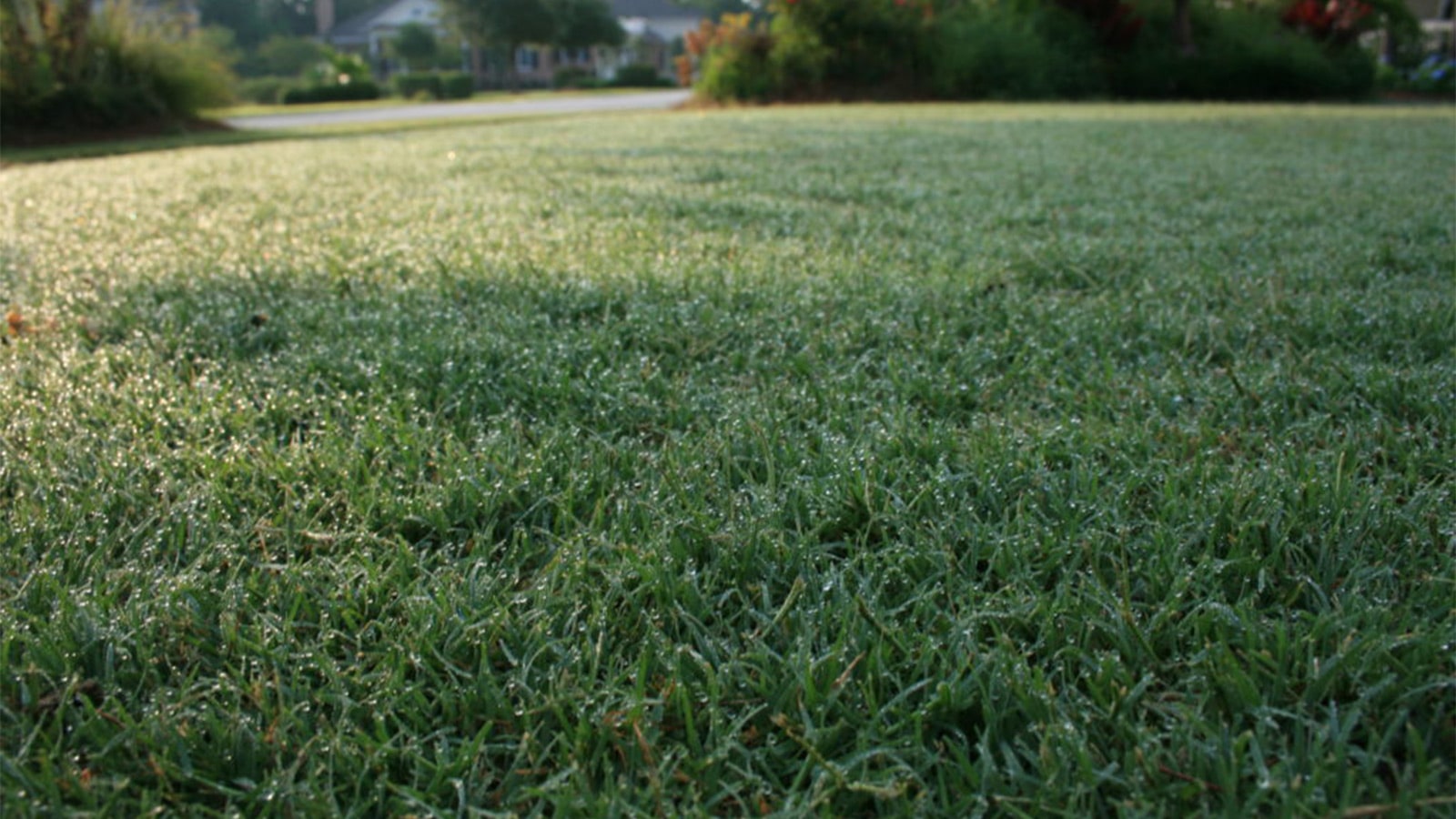Bermuda grass is a popular warm-season grass that is commonly found in regions with hot summers. It is known for its durability, drought tolerance, and low maintenance. Planting Bermuda grass can be a great choice for those looking for a lush and green lawn without too much effort. In this blog, we will provide you with a comprehensive guide on the benefits, advantages, and techniques for planting and caring for Bermuda grass.
Advantages of Planting Bermuda Grass
Drought Tolerance
Bermuda grass is known for its ability to tolerate drought conditions. It has deep roots that can access water from the soil even during dry periods. This makes it an ideal choice for regions with hot summers and limited water resources.
Low Maintenance
Bermuda grass requires minimal care and maintenance compared to other grass types. It has a high tolerance for heat and can grow well in various soil types. It also has a natural resistance to pests and diseases, making it a low-maintenance option.
Weed Resistance
Bermuda grass is known for its ability to resist weed growth. It has a dense growth pattern that can prevent the growth of weeds in the lawn. This makes it a great option for those who want a weed-free lawn.
How to Plant Bermuda Grass
Selecting the Right Variety
Choosing the right variety of Bermuda grass is crucial for a successful lawn. There are several types of Bermuda grass available, each with its own unique characteristics. The selection process should take into consideration factors such as the climate, soil type, and intended use of the lawn.
Preparing the Soil
Preparing the soil is an important step in planting Bermuda grass. The soil should be tested for pH levels, nutrient content, and drainage. The soil should be tilled to a depth of at least six inches and any debris or rocks should be removed.
Planting the Seeds
Bermuda grass can be planted using seeds or sod. If using seeds, they should be planted at a depth of 1/8 to 1/4 inch. The seeds should be watered regularly until they germinate, which can take up to two weeks. Sod should be installed in a staggered pattern and should be watered daily until it establishes roots.
Caring for Bermuda Grass
Watering
Bermuda grass requires regular watering, especially during hot and dry periods. It is recommended to water deeply and infrequently to encourage deep root growth. The lawn should be watered early in the morning to prevent evaporation and fungal growth.
Mowing
Bermuda grass should be mowed regularly to maintain its appearance and health. The ideal mowing height for Bermuda grass is between 1/2 to 1 inch. The mower blades should be sharp to prevent tearing the grass blades.
Fertilizing
Bermuda grass requires regular fertilization to maintain its health and appearance. The type and amount of fertilizer required will depend on the soil type and climate. It is recommended to fertilize the lawn in the spring and fall.
Common Problems with Bermuda Grass
Brown Patch
Brown patch is a fungal disease that can affect Bermuda grass. It is characterized by circular patches of brown grass surrounded by a dark ring. Brown patch can be prevented by avoiding overwatering and applying fungicides.
Take-All Root Rot
Take-all root rot is a disease that can affect Bermuda grass. It is characterized by yellowing and thinning of the grass blades. Take-all root rot can be prevented by improving soil drainage and avoiding overwatering.
Gray Leaf Spot
Gray leaf spot is a fungal disease that can affect Bermuda grass. It is characterized by gray spots on the grass blades. Gray leaf spot can be prevented by avoiding overwatering and applying fungicides.
Conclusion
In conclusion, planting Bermuda grass can be a great choice for those looking for a low-maintenance, drought-tolerant, and weed-resistant lawn. By following the steps outlined in this blog, you can successfully plant and care for Bermuda grass. Remember to select the right variety, prepare the soil, water and fertilize regularly, and address any common problems promptly. With proper care, Bermuda grass can provide you with a lush and green lawn for years to come.








